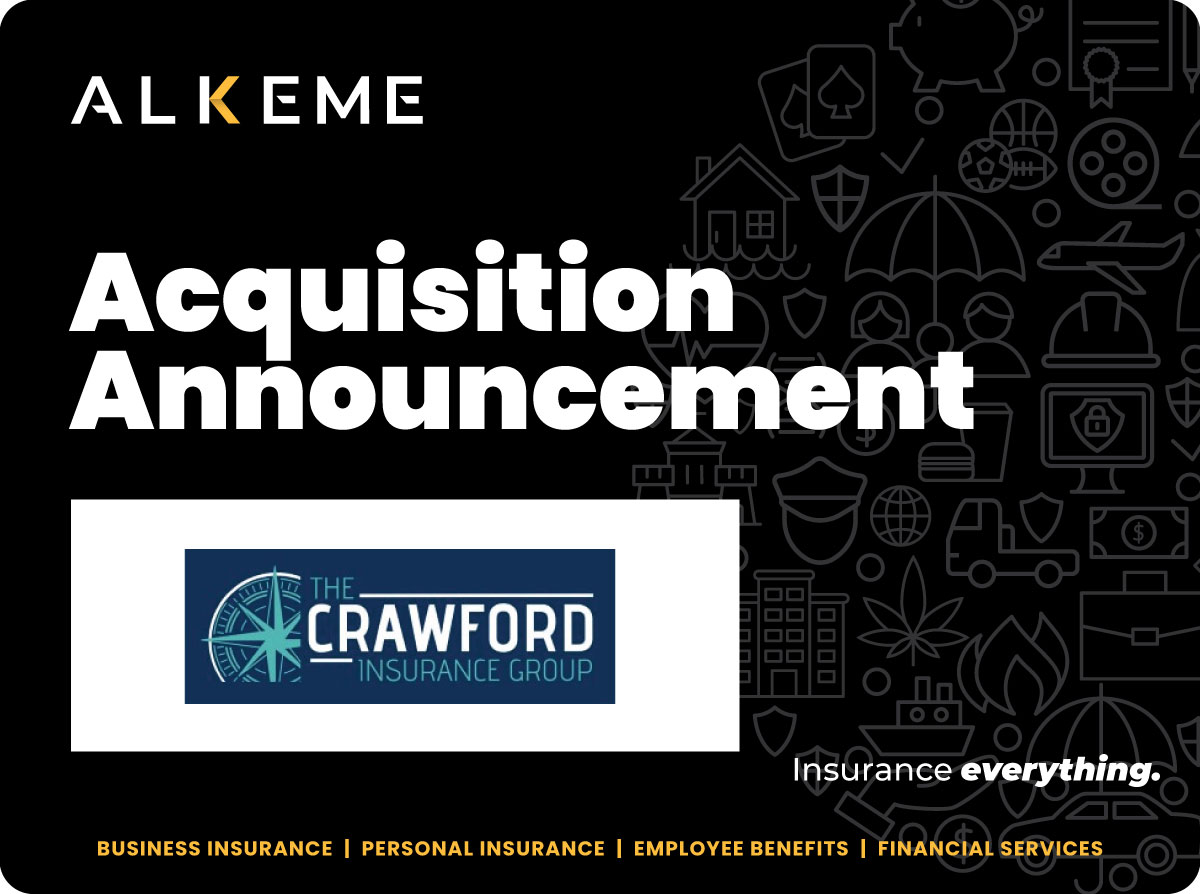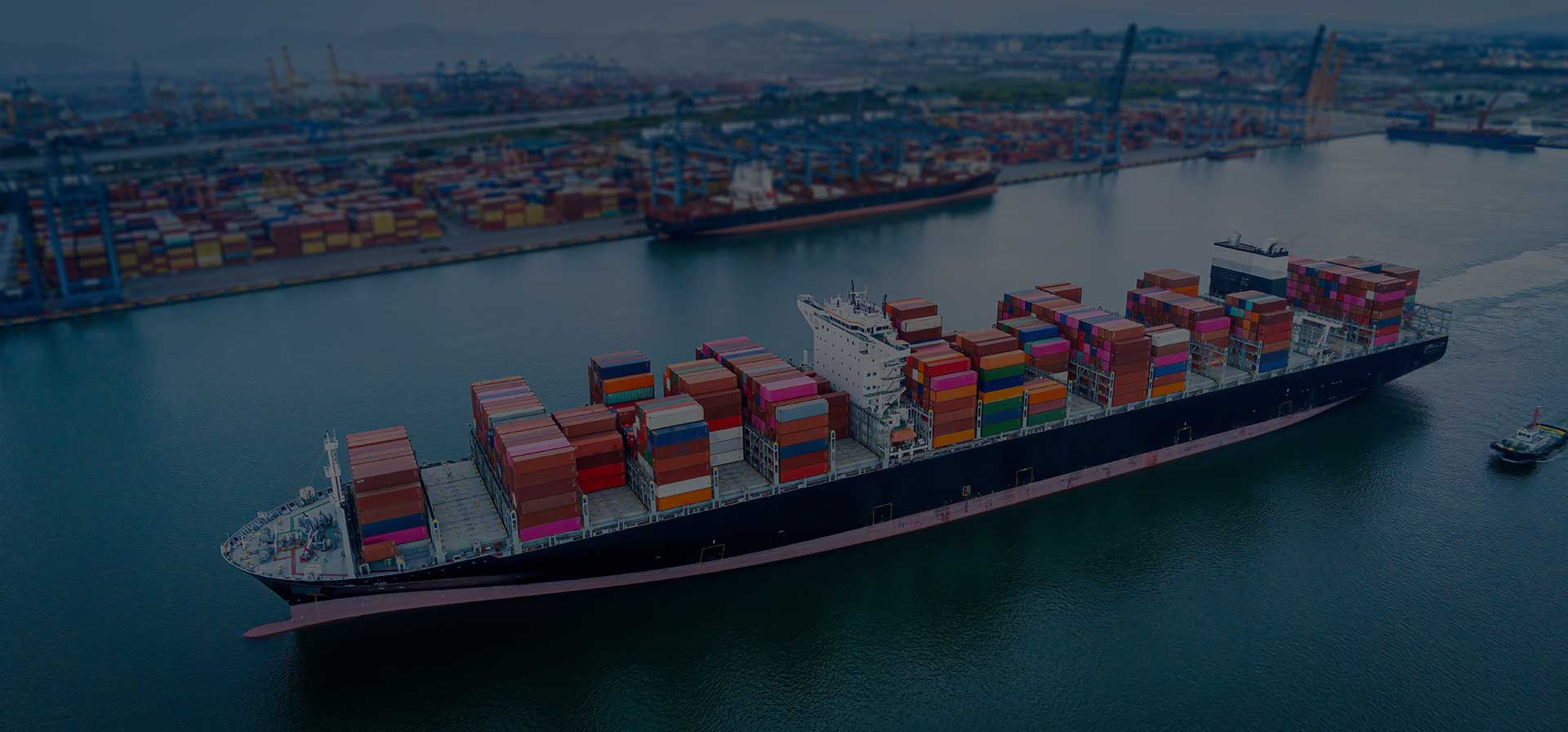The cruise industry differs from the rest of the hospitality industry in several significant ways due to its unique characteristics, operational challenges, and customer experiences. Here are some key differences:
- Operational Environment:
- Unlike land-based hospitality businesses such as hotels, restaurants, and resorts, cruise ships operate in a dynamic and constantly changing environment. Cruises involve complex logistics, including navigation, port calls, and compliance with international maritime regulations. Managing a floating hotel and entertainment complex presents distinct challenges related to safety, security, and logistics.
- Multi-Destination Experience:
- One of the defining features of the cruise industry is its multi-destination experience. Passengers have the opportunity to visit multiple destinations during a single voyage, often exploring different countries and cultures along the way. This creates unique opportunities for exploration and adventure, but it also requires careful planning and coordination to ensure smooth transitions between ports of call.
- All-Inclusive Nature:
- Many cruise packages offer all-inclusive pricing, bundling accommodations, meals, entertainment, and transportation into a single fare. This all-inclusive model differs from traditional hospitality businesses where guests typically pay separately for accommodations, meals, and activities. The all-inclusive nature of cruises simplifies the booking process for passengers and provides a predictable budget for their vacation experience.
- Onboard Entertainment and Amenities:
- Cruise ships are renowned for their onboard entertainment and amenities, which often rival those of luxury resorts. Passengers can enjoy a wide range of activities and facilities, including theaters, casinos, spas, fitness centers, pools, water parks, restaurants, bars, and shopping venues. The diverse onboard offerings cater to various interests and demographics, providing a comprehensive vacation experience at sea.
- Seasonality and Itinerary Variability:
- The cruise industry experiences seasonality and itinerary variability based on factors such as weather patterns, destination popularity, and global events. Cruise lines adjust their schedules and routes to optimize passenger demand and capitalize on market trends. Unlike land-based hospitality businesses, which operate year-round in fixed locations, cruise itineraries may change seasonally or in response to external factors.
- Safety and Security Regulations:
- Safety and security are paramount in the cruise industry due to the unique challenges of operating at sea. Cruise ships must comply with stringent international maritime regulations and safety standards to ensure the well-being of passengers and crew. Emergency preparedness, including drills, procedures, and equipment, is a top priority for cruise lines to mitigate risks and respond effectively to onboard incidents or emergencies.
- Global Reach and Cultural Diversity:
- Cruises attract passengers from around the world, resulting in a diverse onboard population representing various nationalities, languages, and cultures. The global reach of the cruise industry offers opportunities for cultural exchange, international collaboration, and cross-cultural enrichment. Cruise lines often tailor their services and offerings to accommodate the preferences and expectations of a diverse clientele.
Overall, the cruise industry stands apart from the rest of the hospitality sector due to its unique operational environment, multi-destination experience, all-inclusive nature, onboard entertainment and amenities, seasonality, safety and security regulations, and global reach. Despite its distinct characteristics and challenges, the cruise industry continues to attract millions of passengers each year seeking memorable and immersive travel experiences at sea.
Insurance Policies
The unique characteristics of the cruise industry have significant implications for insurance policies, as they require tailored coverage to address the specific risks and challenges associated with operating at sea. Here’s how the distinctive features of the cruise industry affect insurance policies:
- Marine Insurance:
- Cruise ships are subject to specialized marine insurance policies that cover hull and machinery, protection and indemnity (P&I), cargo, and other maritime risks. Marine insurance provides coverage for physical damage to the vessel, liability for third-party claims, pollution liability, salvage, and towage expenses. These policies are essential for protecting cruise lines against the unique risks of operating in the maritime environment, including collisions, groundings, piracy, and other perils.
- Liability Insurance:
- Cruise lines require comprehensive liability insurance to protect against passenger and crew injury claims, property damage claims, and other liability exposures. Liability insurance covers legal expenses, settlements, and judgments arising from accidents, injuries, illnesses, or incidents that occur onboard the ship or during shore excursions. It also provides coverage for liability claims related to onboard amenities, entertainment, food and beverage service, and other cruise activities.
- Business Interruption Insurance:
- Business interruption insurance is essential for cruise lines to protect against financial losses resulting from disruptions to operations caused by covered perils such as mechanical breakdowns, weather-related delays, port closures, or other unforeseen events. This coverage reimburses the cruise line for lost revenue, extra expenses, and other financial impacts of interrupted sailings or itinerary changes.
- Travel Insurance:
- Cruise passengers often purchase travel insurance to protect their investment and mitigate risks associated with trip cancellations, trip interruptions, medical emergencies, baggage loss, and other unforeseen circumstances. Travel insurance policies typically include coverage for trip cancellation or interruption due to covered reasons, emergency medical expenses, evacuation and repatriation, and other travel-related risks. Cruise lines may offer optional travel insurance plans to passengers as part of their booking process or onboard sales.
- Emergency Medical Evacuation Insurance:
- Cruise lines typically maintain emergency medical evacuation insurance to cover the costs of evacuating passengers or crew members requiring urgent medical attention beyond the ship’s onboard medical facilities. This insurance provides coverage for medical air transportation, medical escorts, hospitalization, and other emergency medical services in the event of serious illness or injury requiring specialized care ashore.
- Cyber Insurance:
- Cruise lines are increasingly vulnerable to cyber threats such as data breaches, ransomware attacks, and system disruptions that can impact operations, compromise passenger information, and disrupt services. Cyber insurance policies provide coverage for losses resulting from cyber incidents, including data breach response expenses, extortion payments, legal liabilities, and business interruption costs.
- Environmental Liability Insurance:
- Cruise ships are subject to environmental regulations and face potential liabilities related to pollution, emissions, and other environmental impacts. Environmental liability insurance provides coverage for cleanup costs, fines, penalties, and third-party claims arising from accidental pollution incidents or violations of environmental laws and regulations.
Overall, the unique risks and challenges of the cruise industry necessitate a comprehensive approach to insurance coverage, with policies tailored to address the specific needs and exposures of cruise lines, passengers, and crew members. Working with experienced marine insurance brokers and underwriters is essential for cruise lines to identify, evaluate, and manage their insurance risks effectively in a complex and dynamic operating environment.




